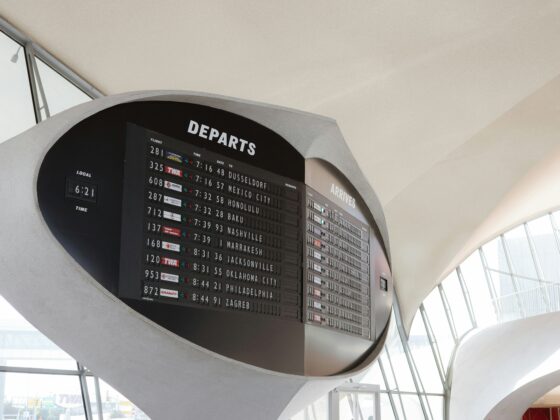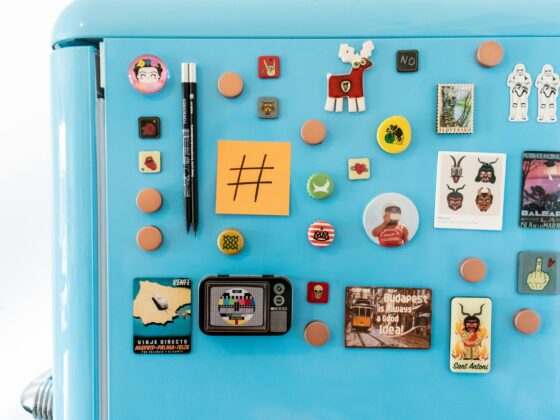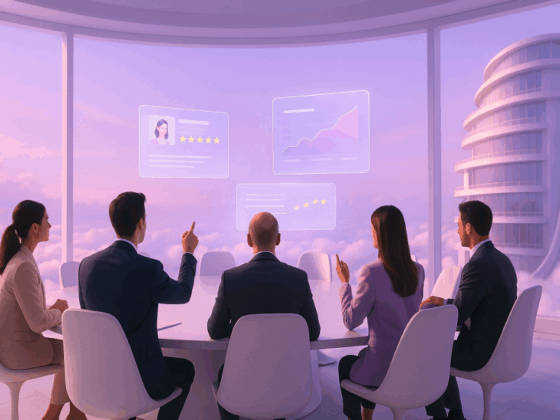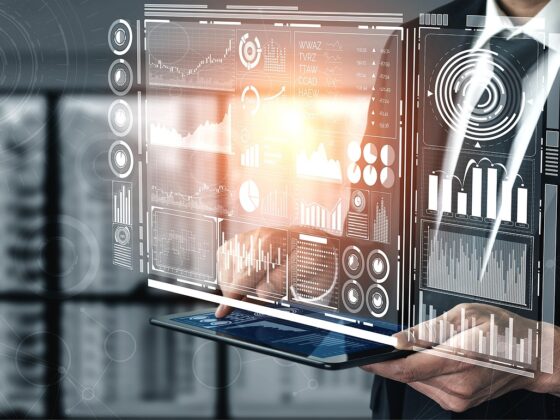
Digital twins in the hospitality sector
While some businesses in the hospitality industry might be wondering how digital twins can help them, this technology has already become quite prolific in the applied services space, particularly in the HVAC industry. Digital twins have also begun to gain popularity in sales circles, as they allow salespeople to connect with potential customers from around the world with realistic models of their real-life assets. Both of these circumstances and more apply to businesses in the hospitality sector — a multifaceted industry with many moving parts that can benefit from this level of insight.
One of the most common use cases of digital twin technology in the hospitality sector is enhanced training. Because digital twins provide a realistic representation of a real-life asset, when combined with VR or AR technology, they can allow employees to have a hands-on training experience that rivals — or even exceeds — what they could achieve in the real world. For example, working with digital twins of expensive systems like HVAC units or AV equipment gives employees the ability to train with much less fear of making costly or dangerous mistakes.
There are plenty of other practical applications of digital twin technology, too. For example, maintenance teams can use digital twin technology as a tool to better monitor and perform preventative maintenance on HVAC systems. Digital twins can be supplied with real-time data from sensors in their real-life counterparts, giving maintenance teams a realistic model of the system as it stands. This insight allows them to monitor the system and predict potential failures, which can have the benefits of reducing downtime and optimizing lifespan.
Digital twin technology could also be an extremely useful sales tool for those in the hospitality business. Hotels and resorts can create digital replicas of their properties, which can help them connect with potential customers without bringing them to the space in person. (Think virtual tours, but on a grander scale with a deeper level of interactivity than was possible before.) For example, a hotel’s sales team can use digital twins to showcase a property’s conference space and technology, helping them secure high-dollar event and convention contracts.
These are just a few ways this innovative technology is set to revolutionize the hospitality industry. From maintenance to sales, digital twin technology has the potential to make hospitality operations more efficient, safe, and accessible. Embracing this technology will allow businesses in the hospitality industry to focus on what they do best: providing their guests with top-class experiences and memories that will last a lifetime.
About the Author
Joseph Callahan, CEO of Ciright, is a seasoned technologist with an insatiable curiosity for the intersection of technology and humanity. His passion lies in exploring the transformative power of spatial computing, AI, and digital twin technology within the business landscape.









